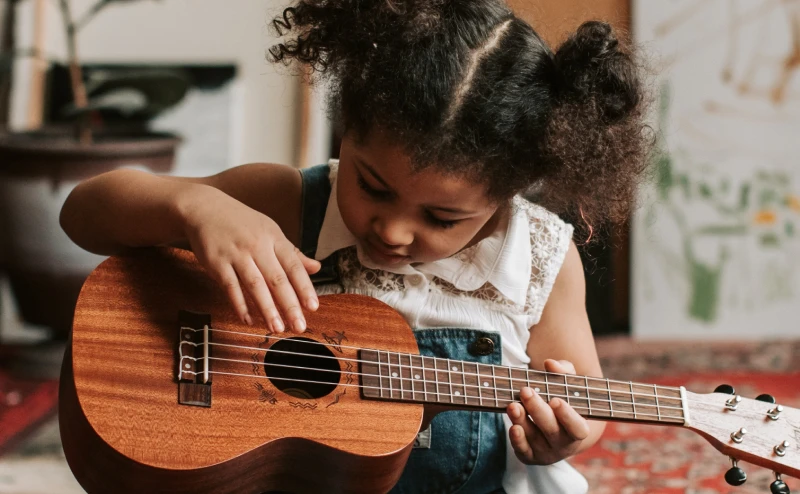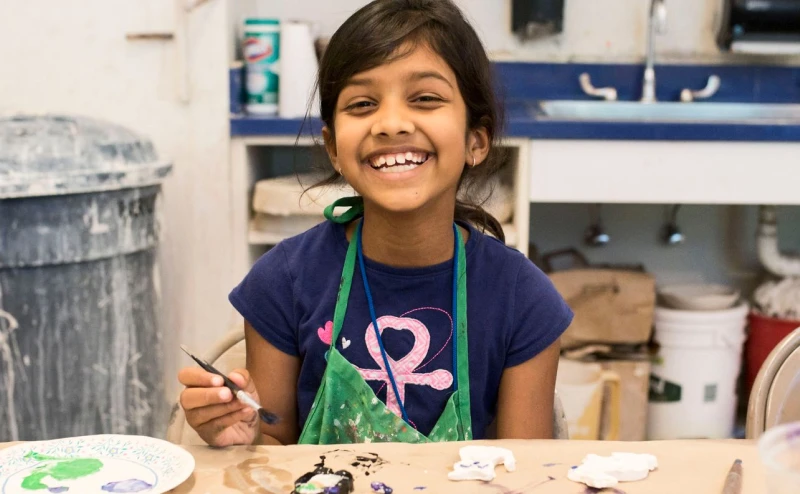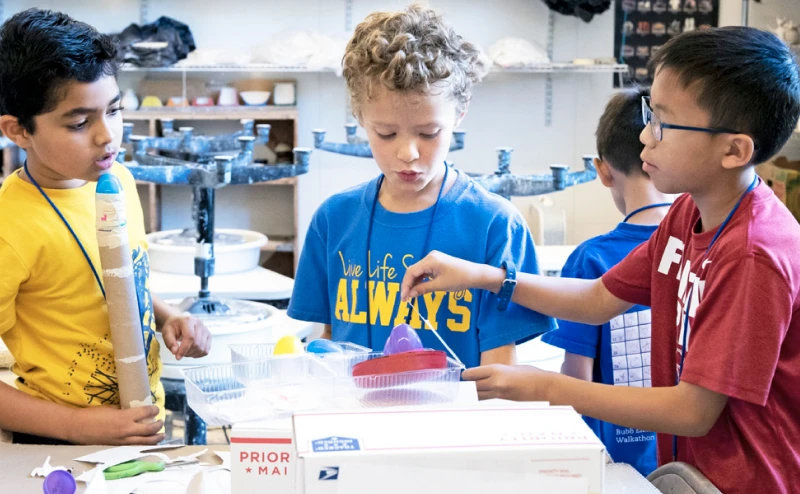CSMA is excited to welcome Axel Schmitt (CSMA faculty, piano) for a free concert in Tateuchi Hall on Saturday, April 25 at 7:30pm. Schmitt takes on the task of performing the complete piano sonatas of Beethoven. This is the sixth in a series of concerts leading up to the 250th anniversary of Beethoven’s birth in 2020. Get to know the musician as he discusses his relationship with Beethoven’s music.
Axel Schmitt, Piano
What was your earliest memory of Beethoven and his music?
One of my liveliest childhood memories of Beethoven’s music is listening to an old vinyl recording (there were no CDs yet) of the Sonata op. 106 “Hammerklavier” played by Friedrich Gulda. Although I was too young to fully comprehend the music, I immediately felt fascinated by its beauty and greatness. That sense of awe has never left me. I even tried to play it on the piano at that young age and of course did not get past the first page because of the great technical challenges. It is the longest and most difficult of Beethoven’s sonatas. Only many years later was I able to learn and play the entire piece.
When did you start to practice his music and at what point did you start to perform his music?
I have played quite a few of Beethoven’s works throughout the years, including several of the concertos with orchestra, duo sonatas, trios and about a dozen of the solo sonatas. But so far I never had the time or courage to attempt a complete cycle of the sonatas. For me, it is the biggest and most rewarding challenge for a pianist. As Artur Schnabel once put it, no performance of a Beethoven sonata can do complete justice to it. The work and its demands are greater than any performance.
What influence has his music had on you and has that relationship with his music changed in any way?
Beethoven is maybe the most important composer for the piano with the exception of Bach. No other composer has left such an immense repertoire. It takes a whole lifetime to learn it. Beethoven wrote his first piano sonatas around age 25 when he was still taking counterpoint lessons with Haydn in Vienna. By the time he wrote the last sonatas, he was already completely deaf and isolated from the world. It is hard to imagine that he never heard them played in reality. He wrote piano sonatas for most of his career and they are like a diary, in which he expressed his most personal and intimate thoughts. There is also an incredible stylistic development from the earlier to the later works as Beethoven became older and his style changed.
What made you want to take on such a herculean task as performing the entirety of Beethoven’s piano sonatas?
It has been my dream to perform the complete sonatas for almost as long as I have played the piano. I have always admired the older generations of pianists, who knew all these works from memory, for example Backhaus, Schnabel, Kempff and Arrau. One can learn so much from studying their recordings. I feel that my life as a musician is incomplete before I attempt to play all of the Beethoven sonatas.
What should a musician who is new to Beethoven take away from his music?
The music of Beethoven is hardly completely new to any musician today since even young students play pieces such as “Für Elise” or the “Moonlight Sonata.” At the same time, he wrote a lot of great music that is not played so often. The sonatas are like an entire universe filled with musical color, contrast and drama. For example, in the first recital of the complete sonatas each work has a different character. The first sonata is tragic, the second playful and elegant, the third virtuosic and the fourth passionate. Beethoven was in love with a young countess when he wrote the fourth sonata, which influenced the mood of the piece. I hope that in my performances I will be able to share some of the excitement I feel about this music.



